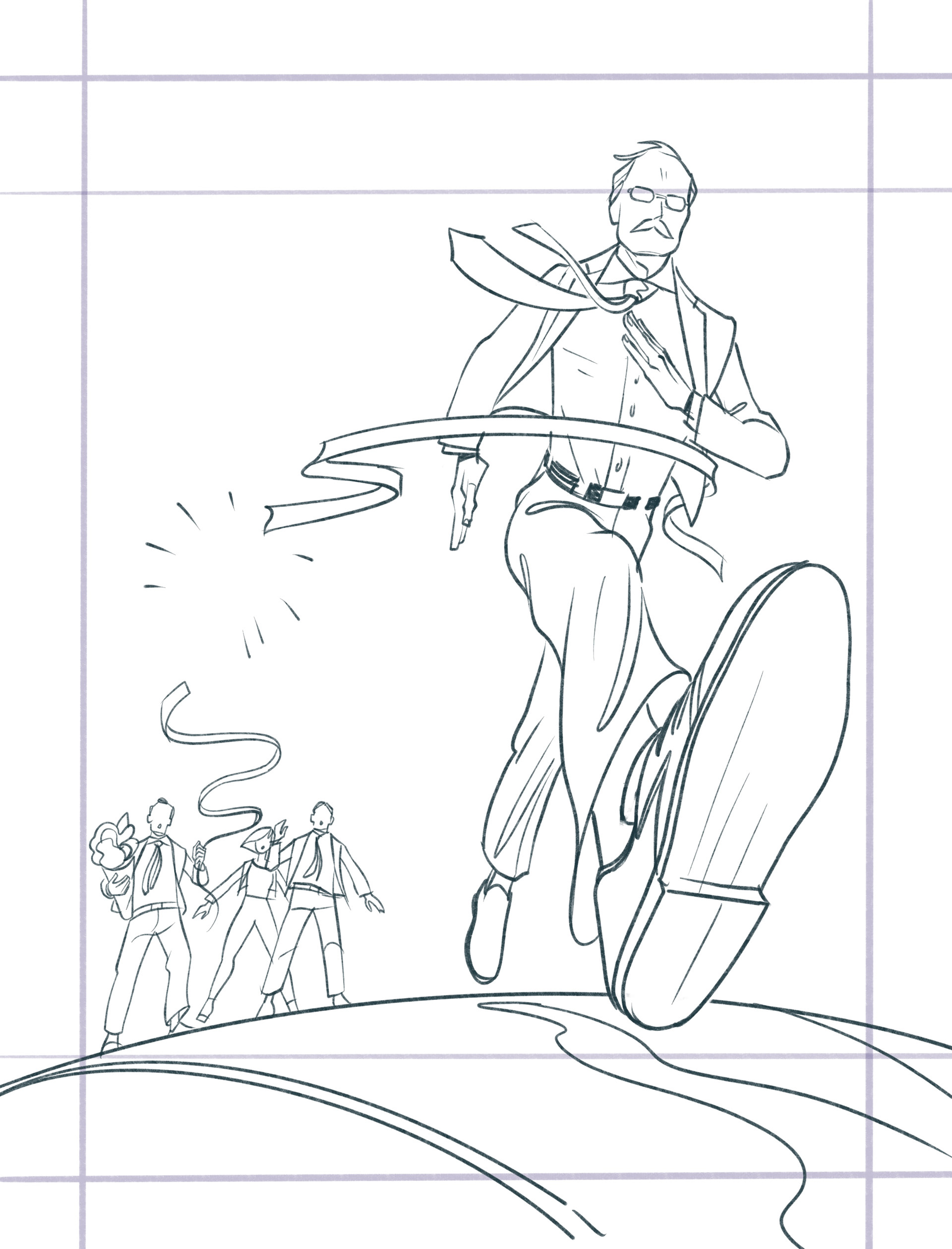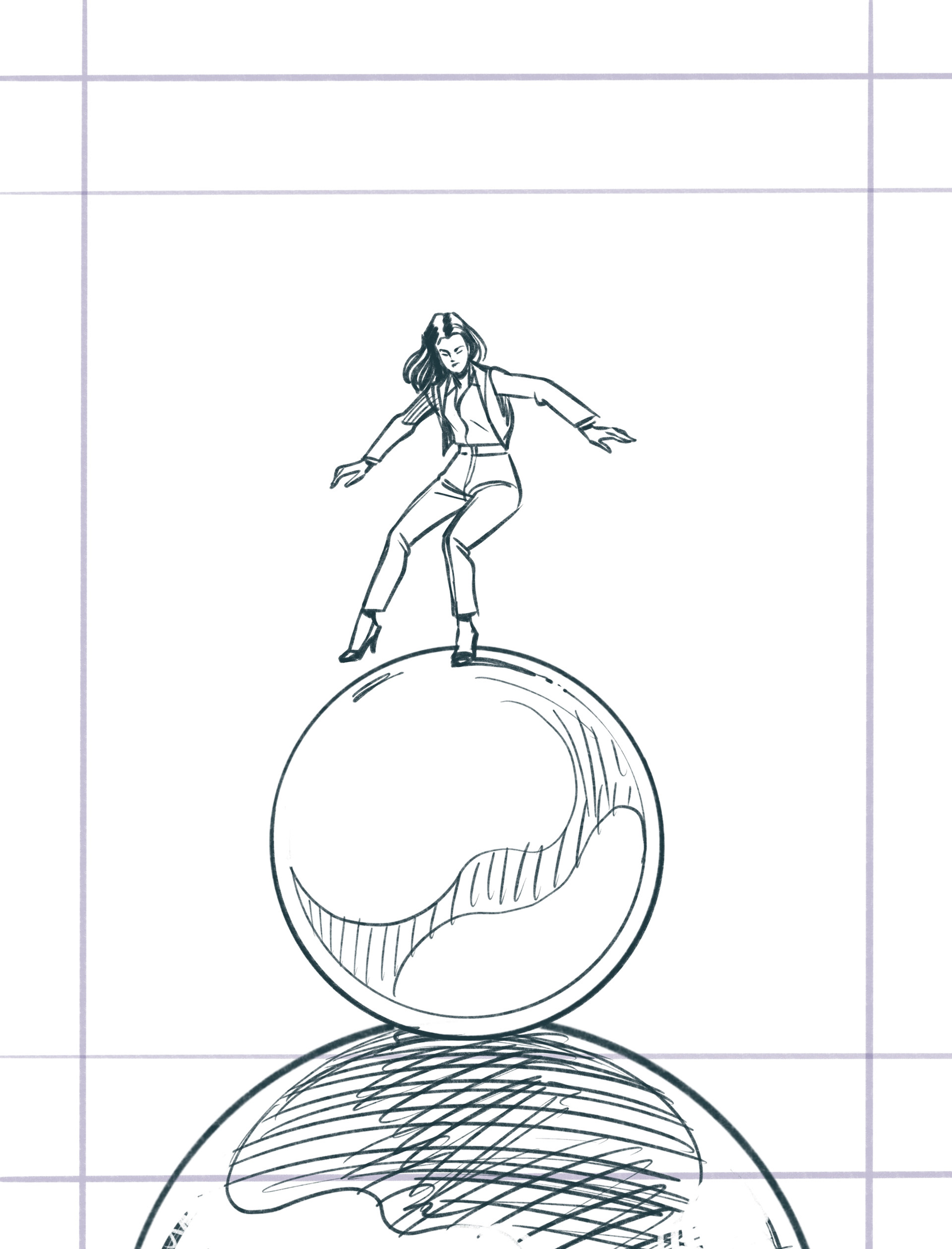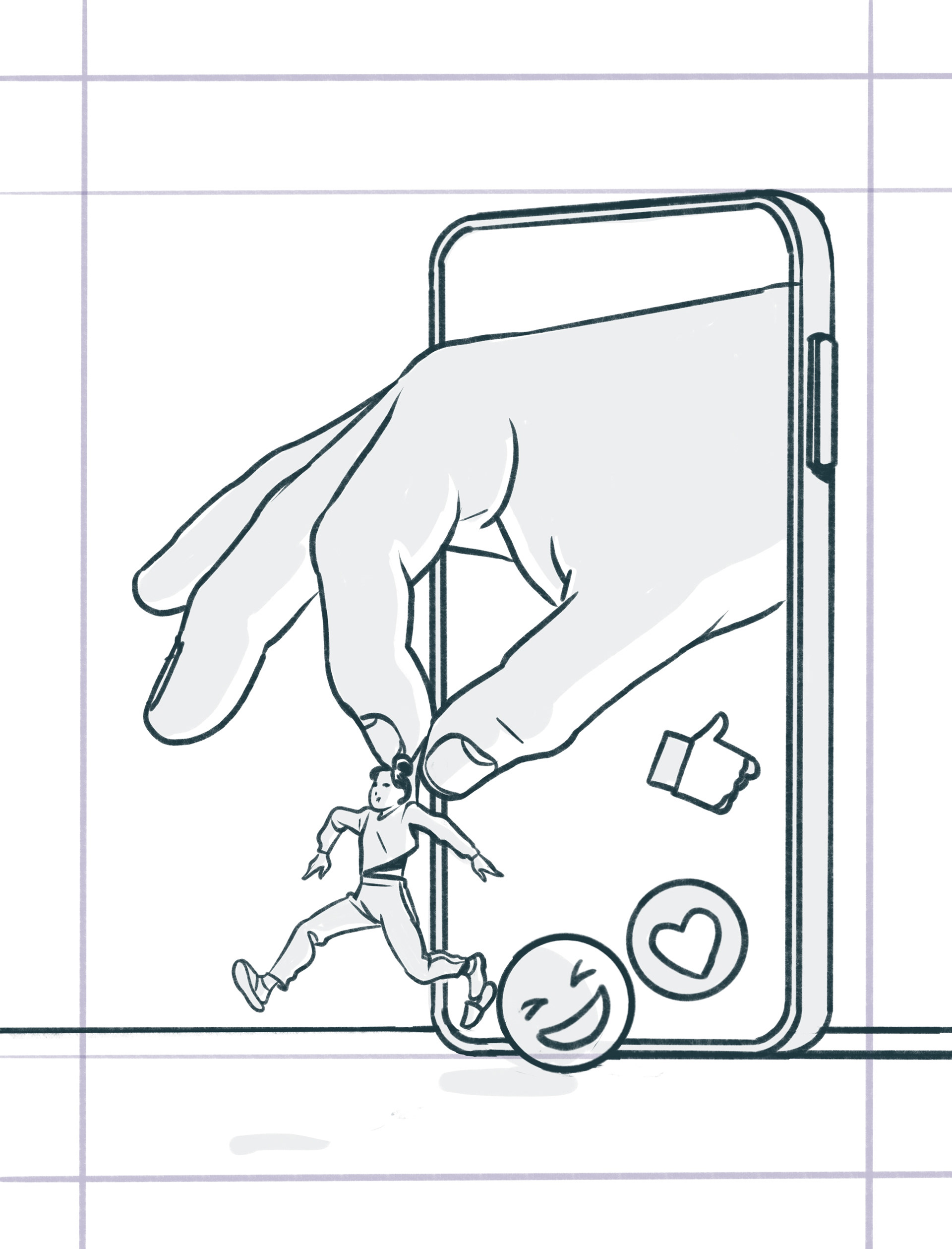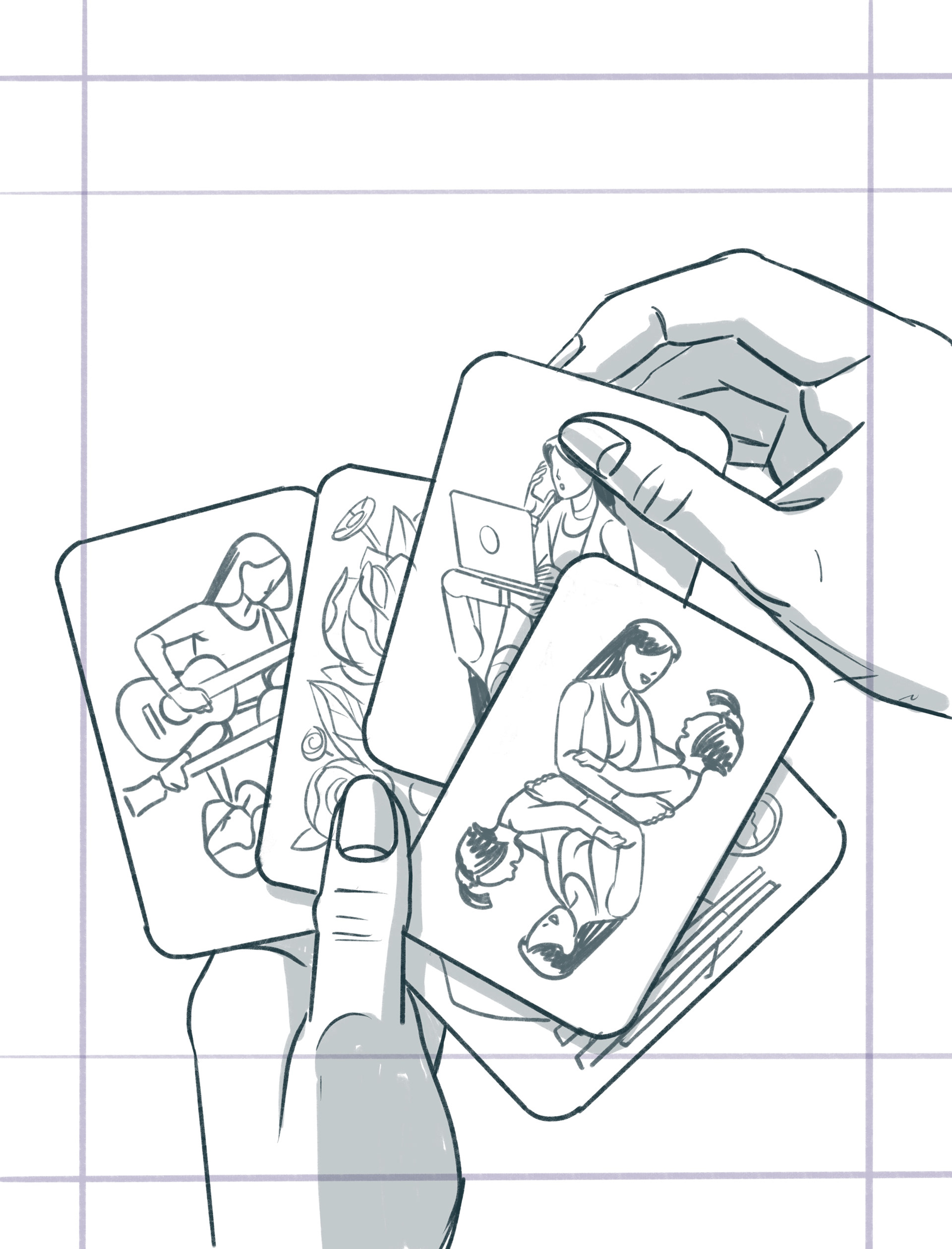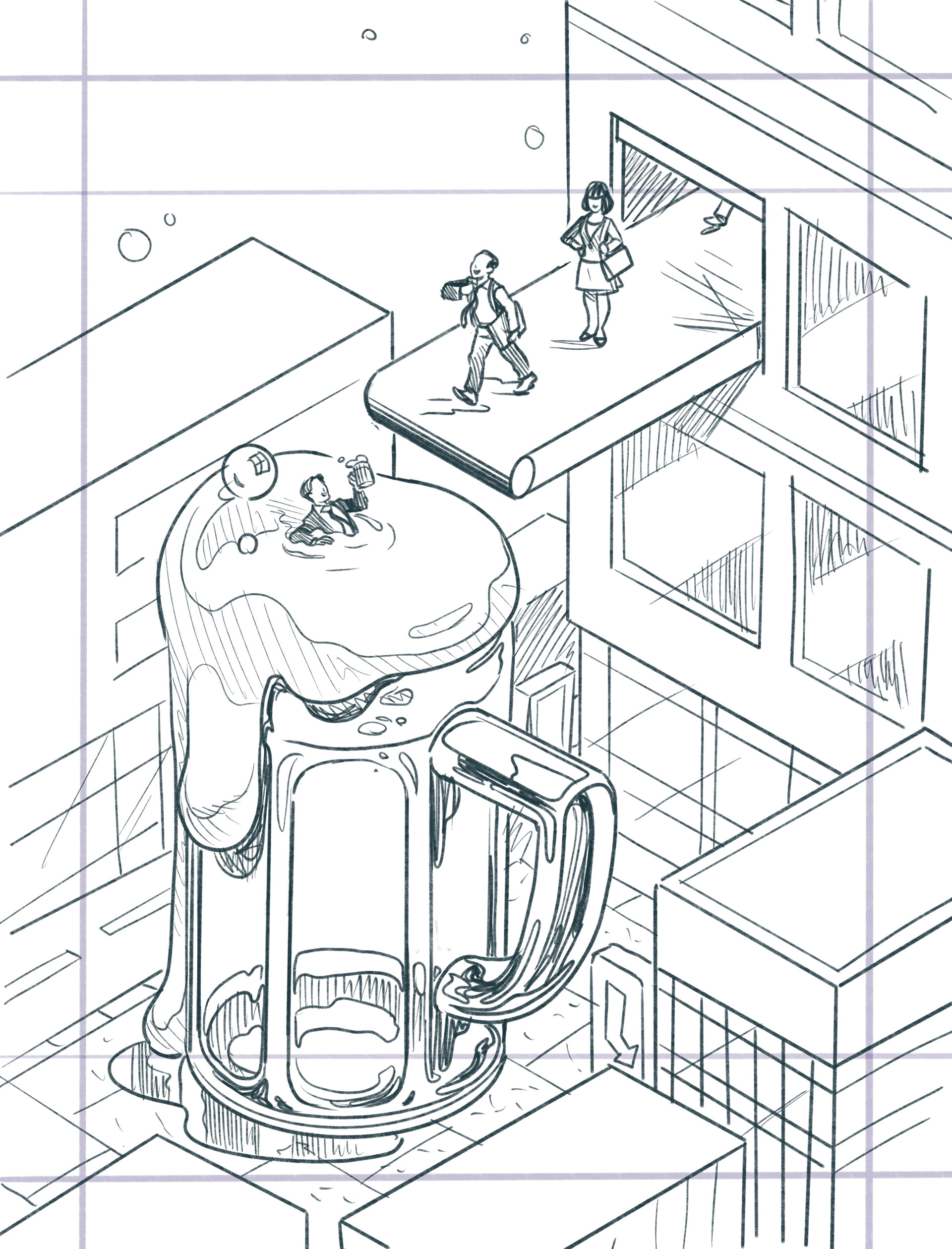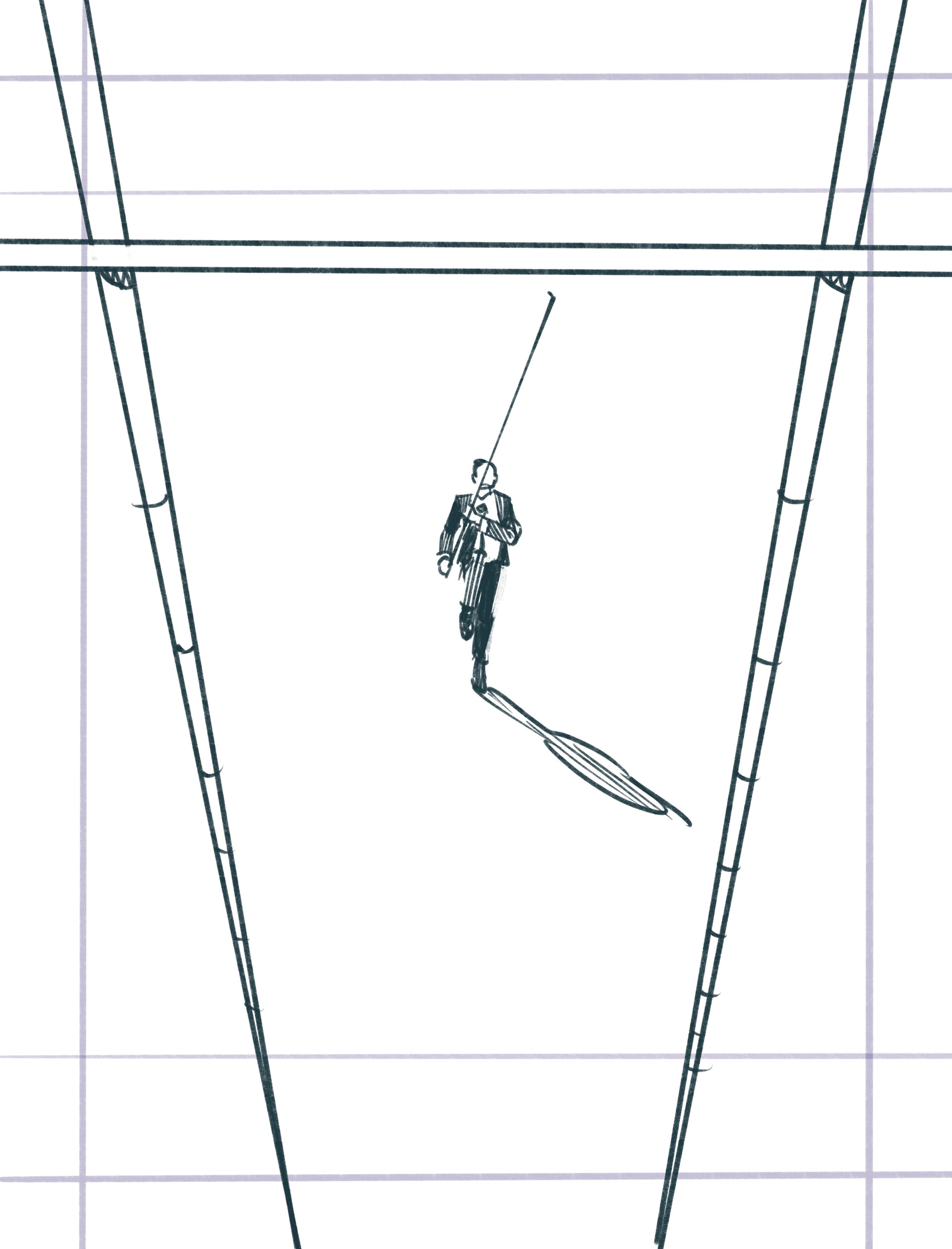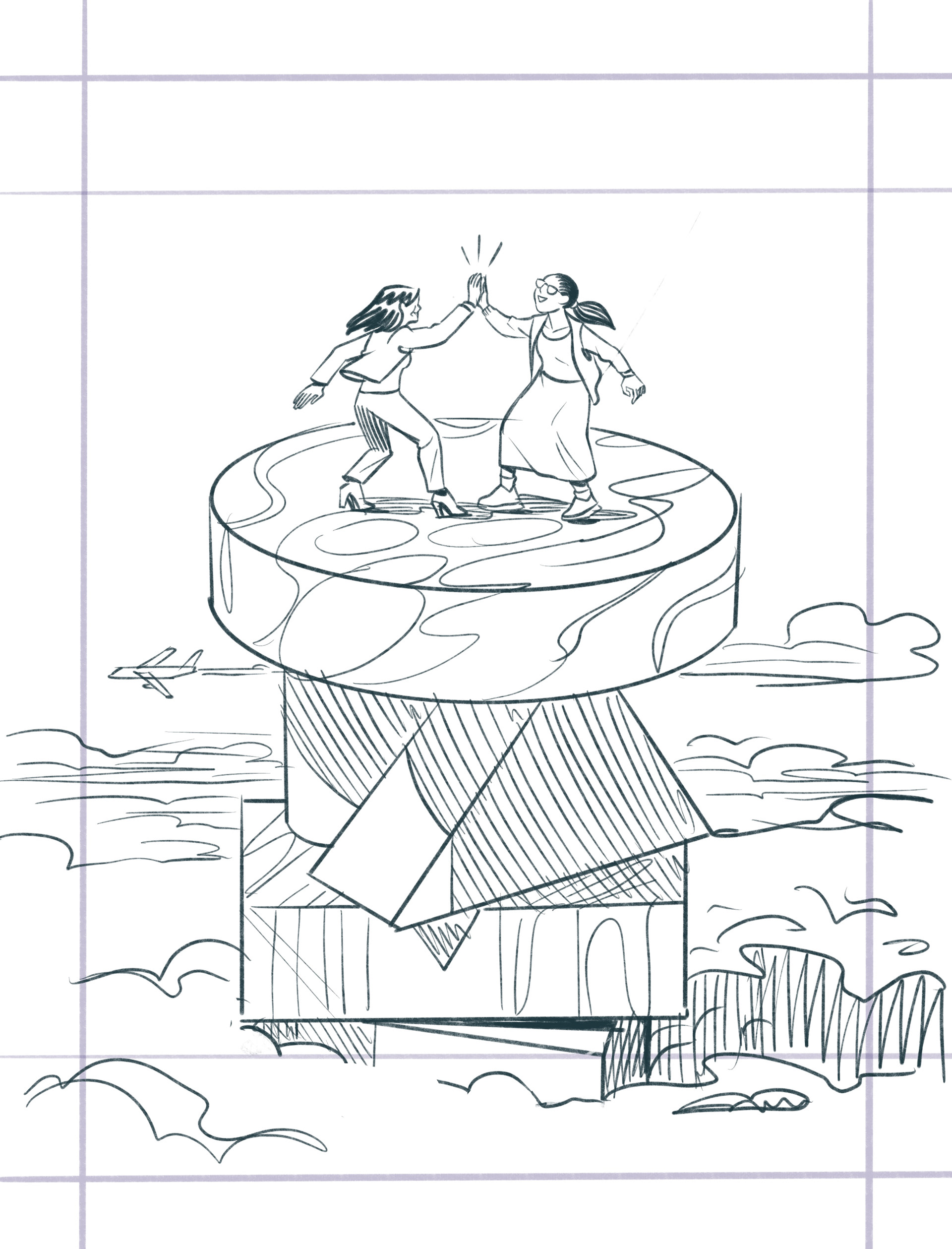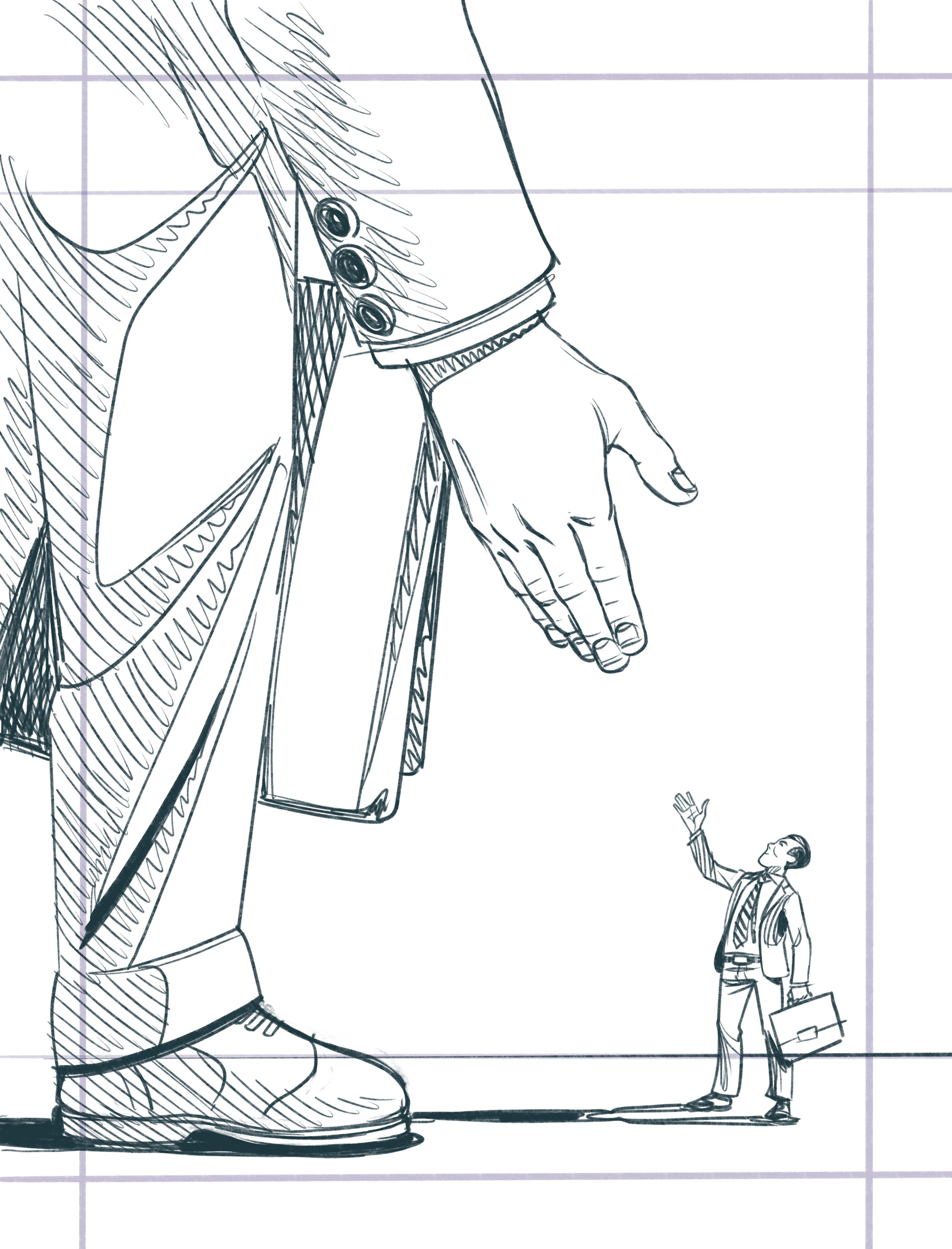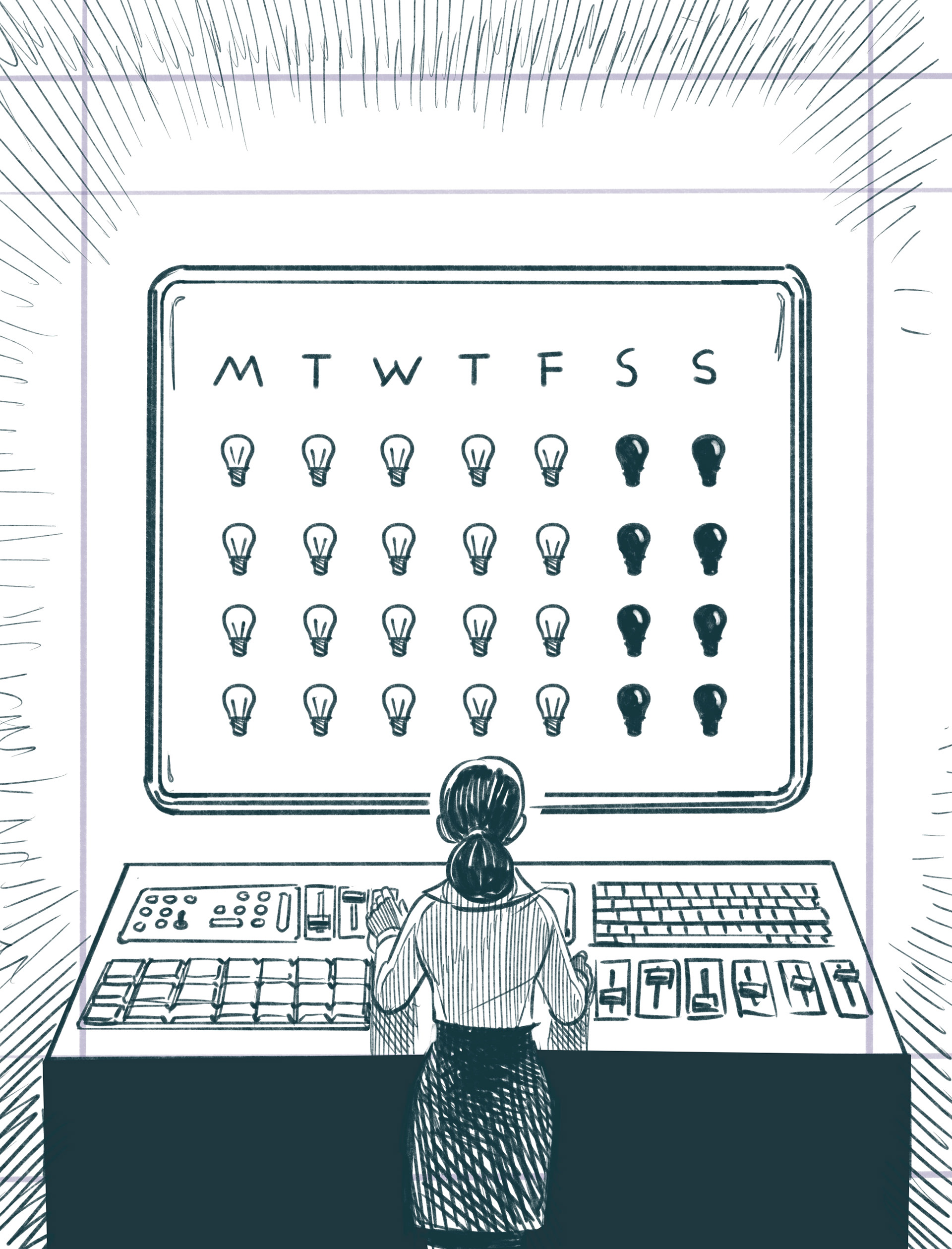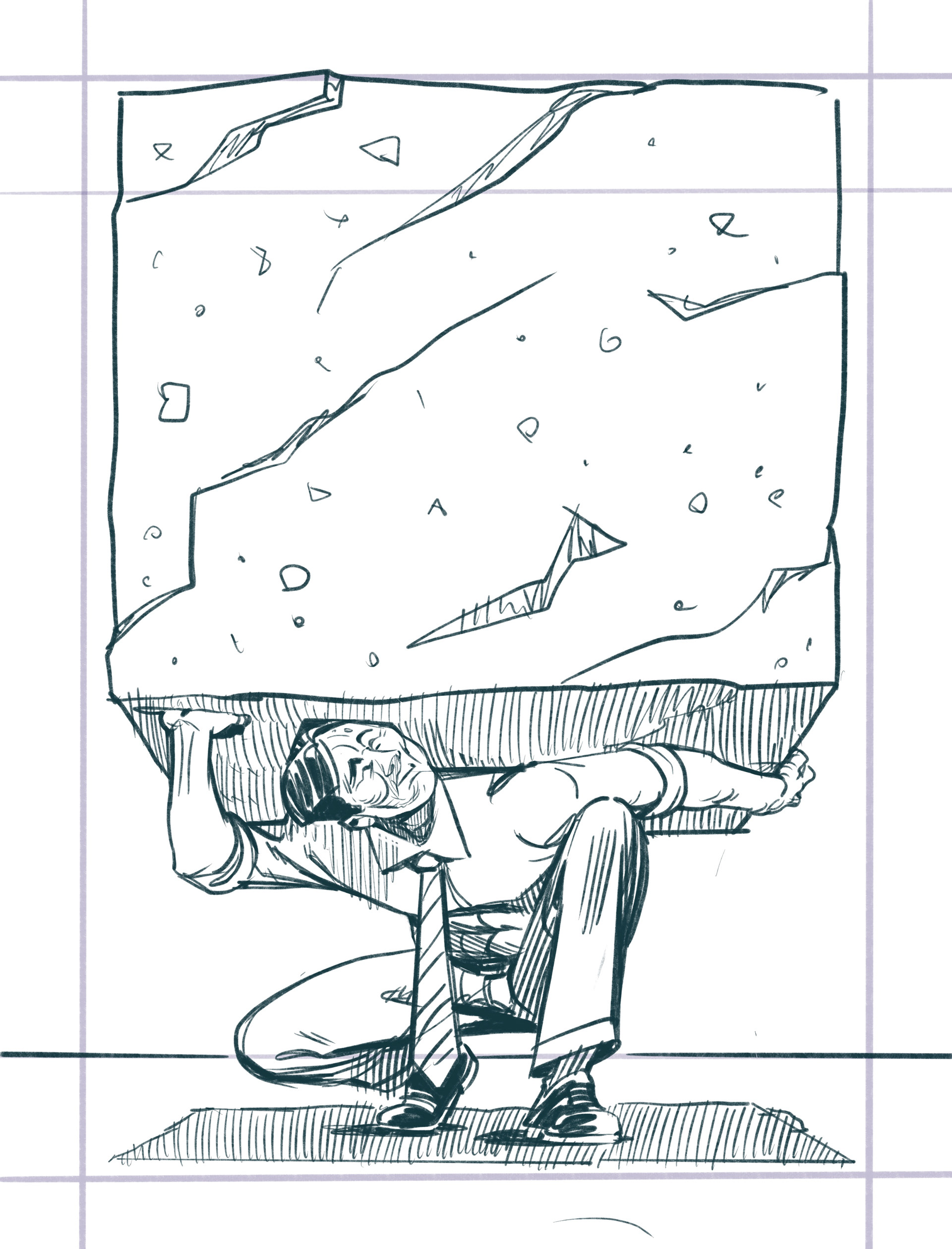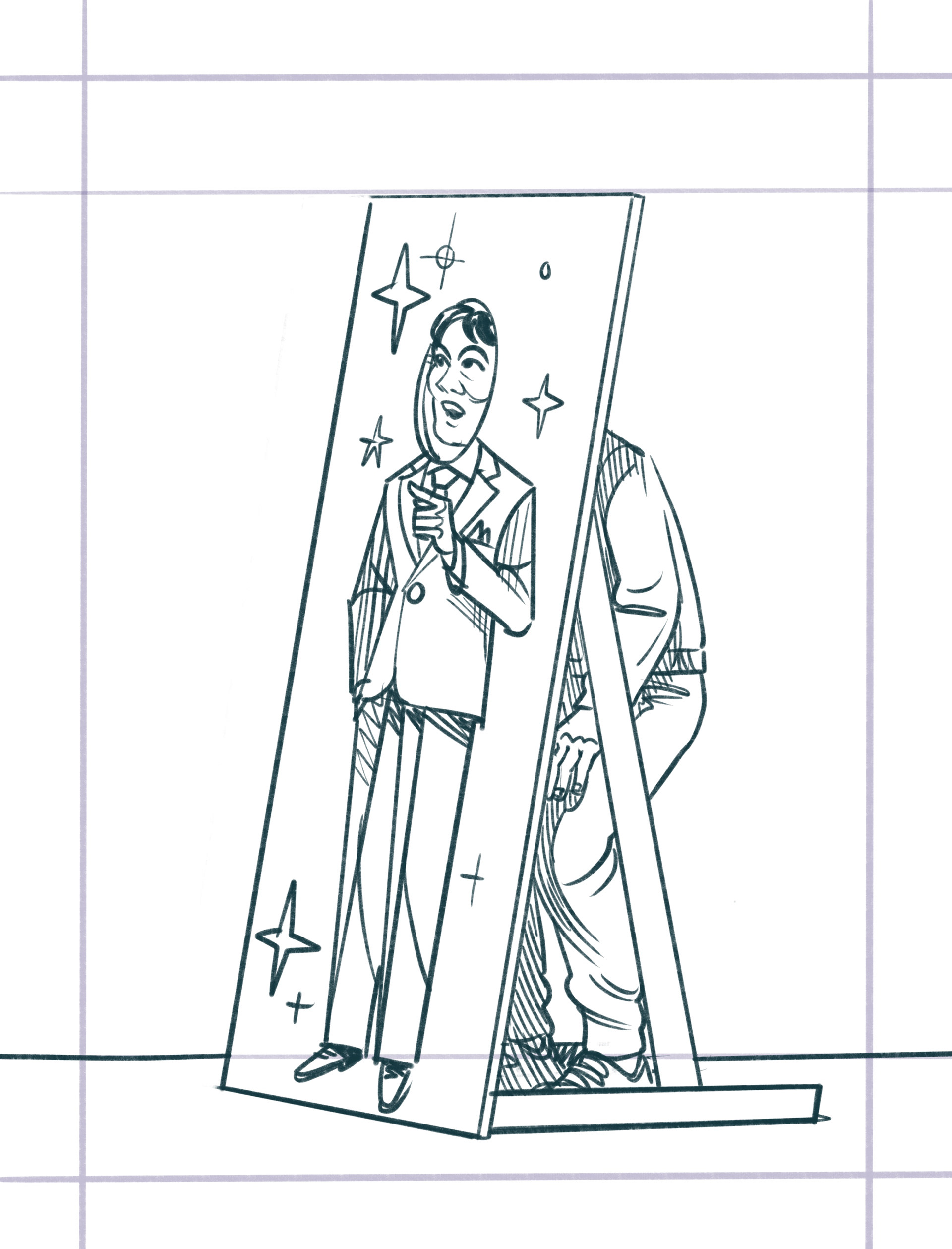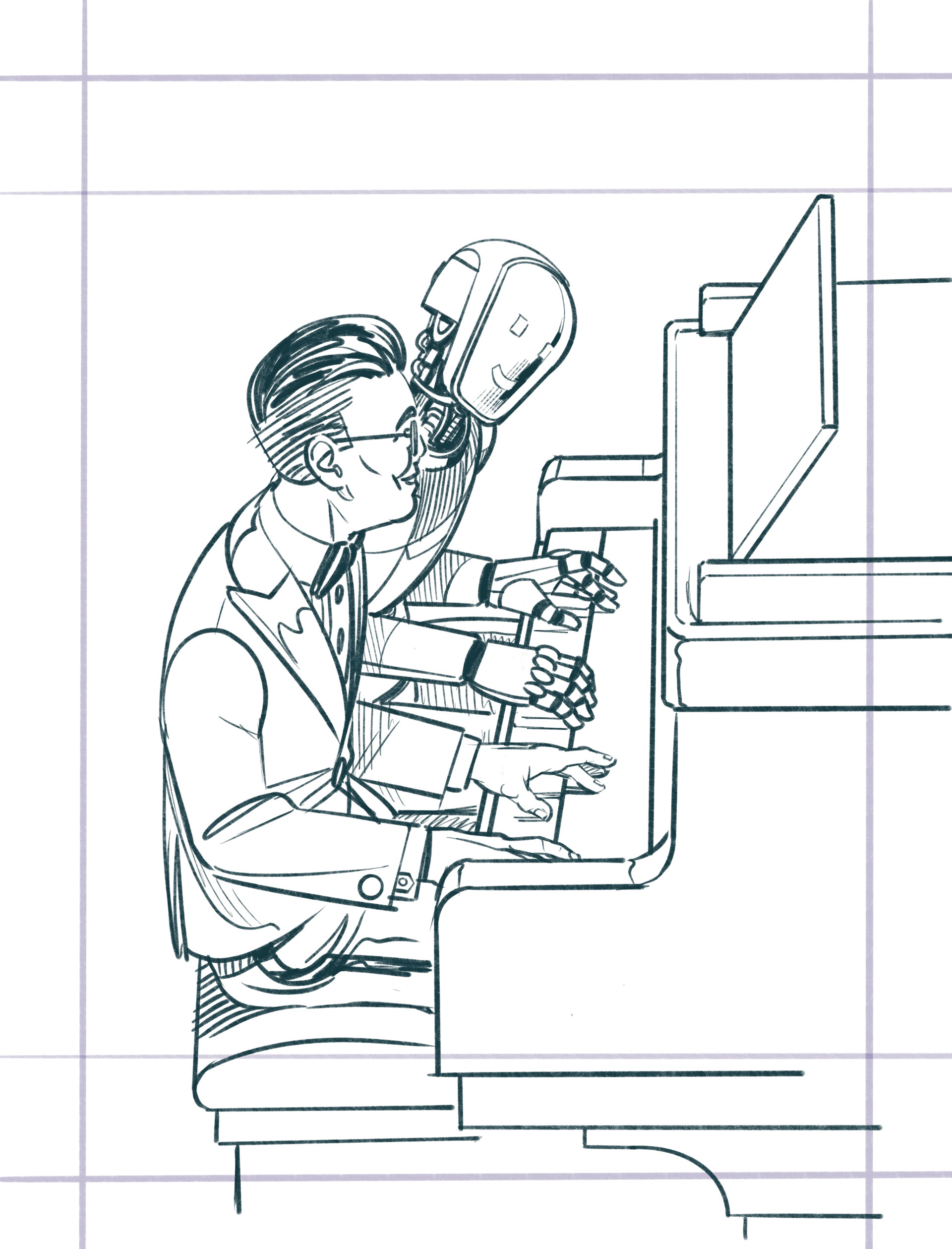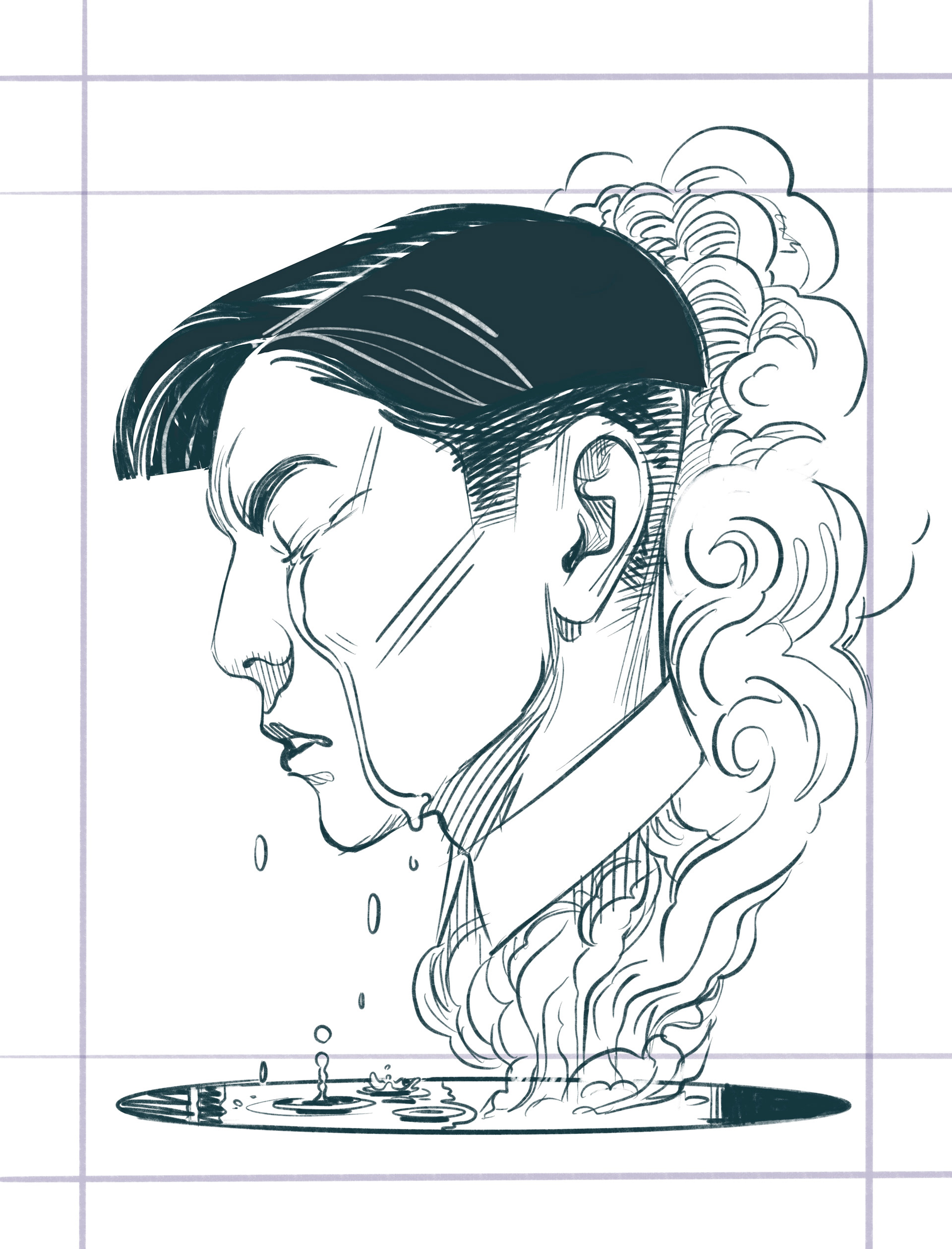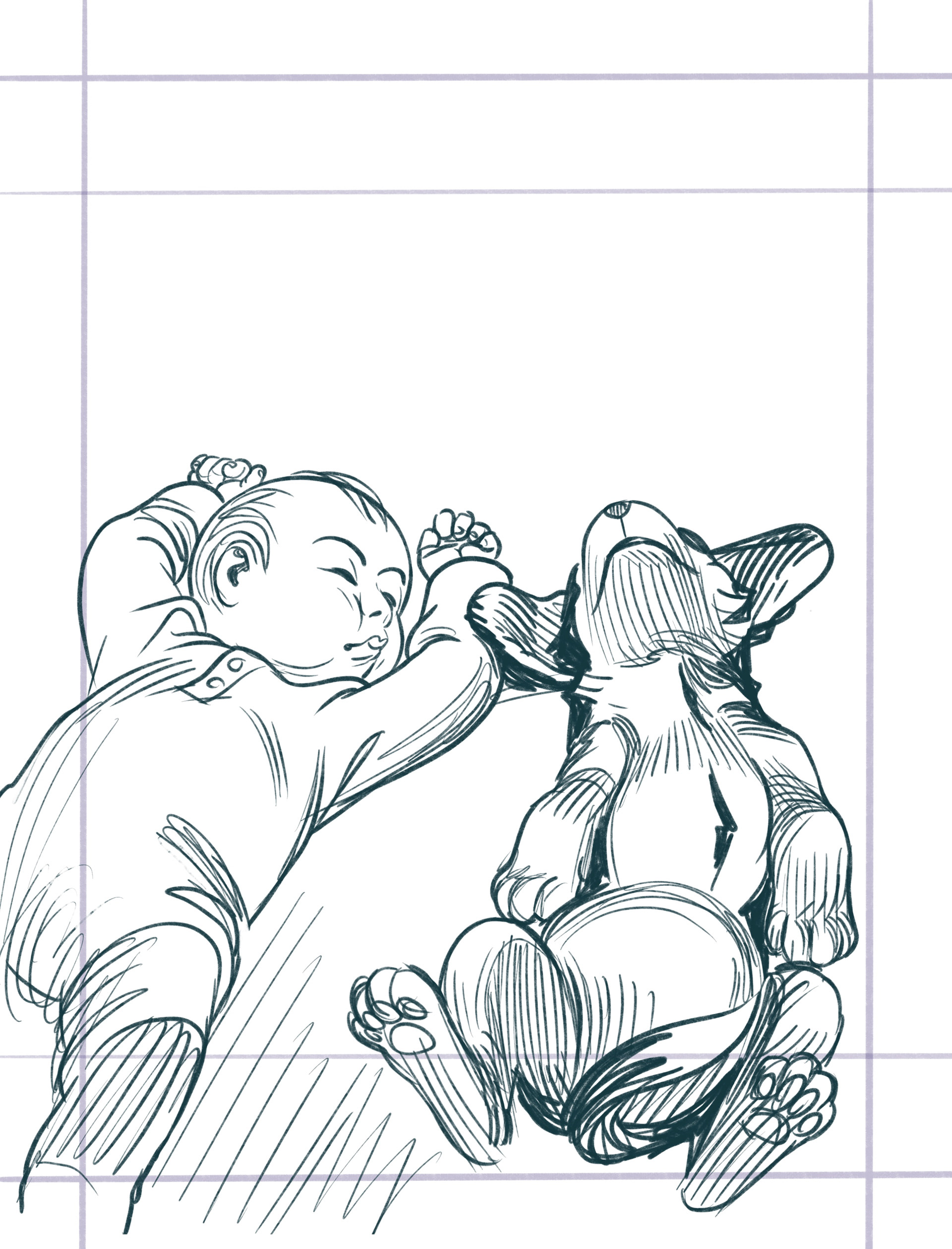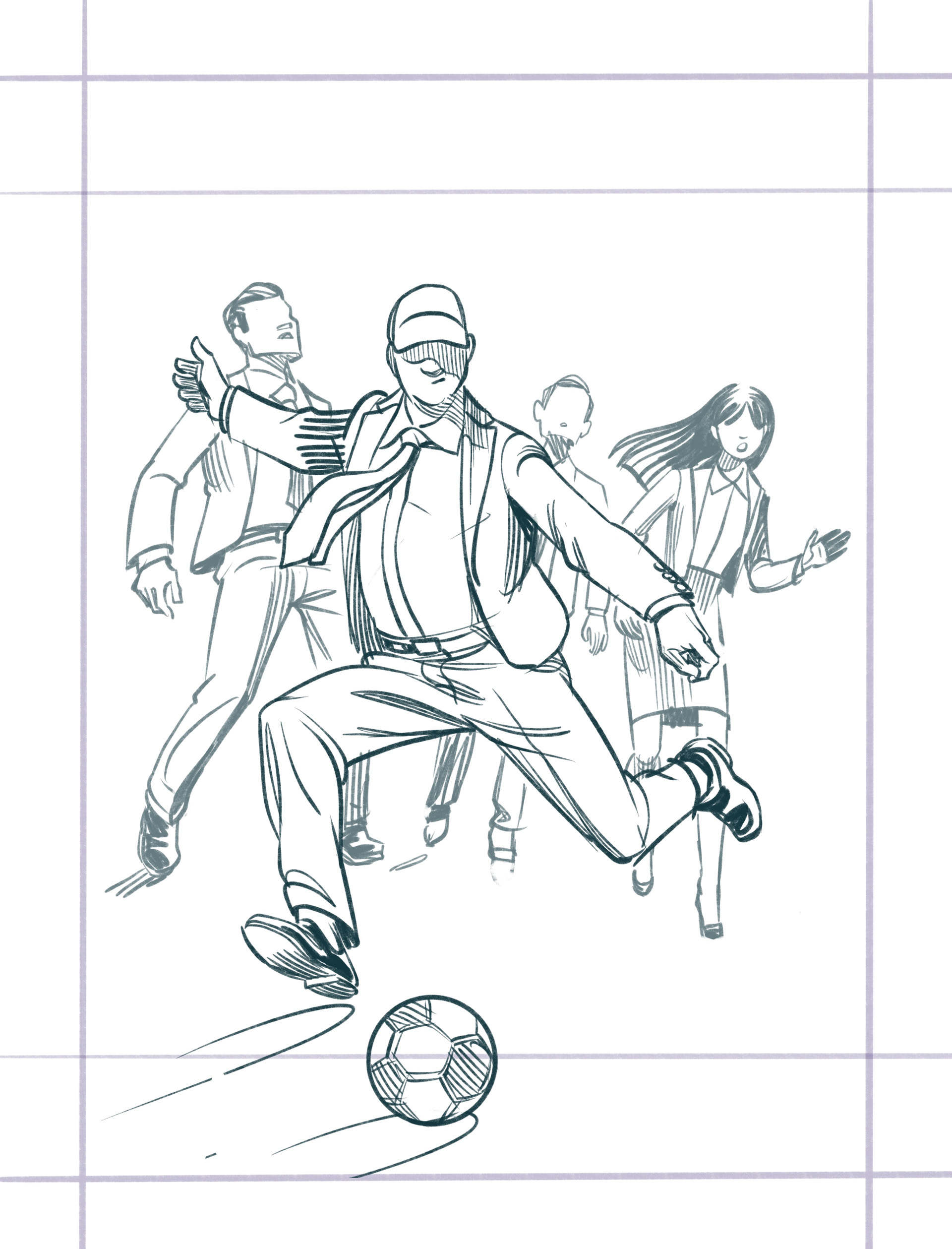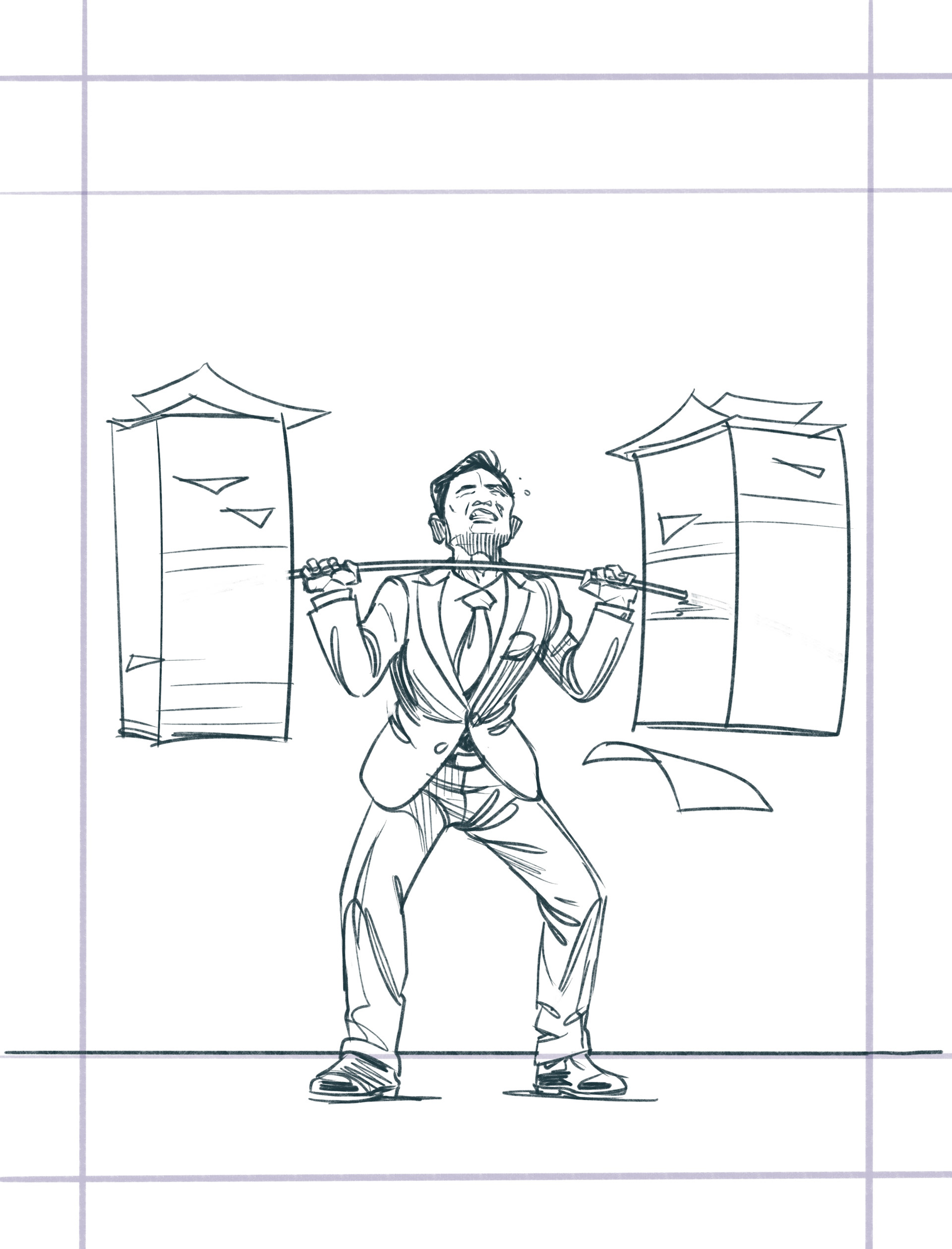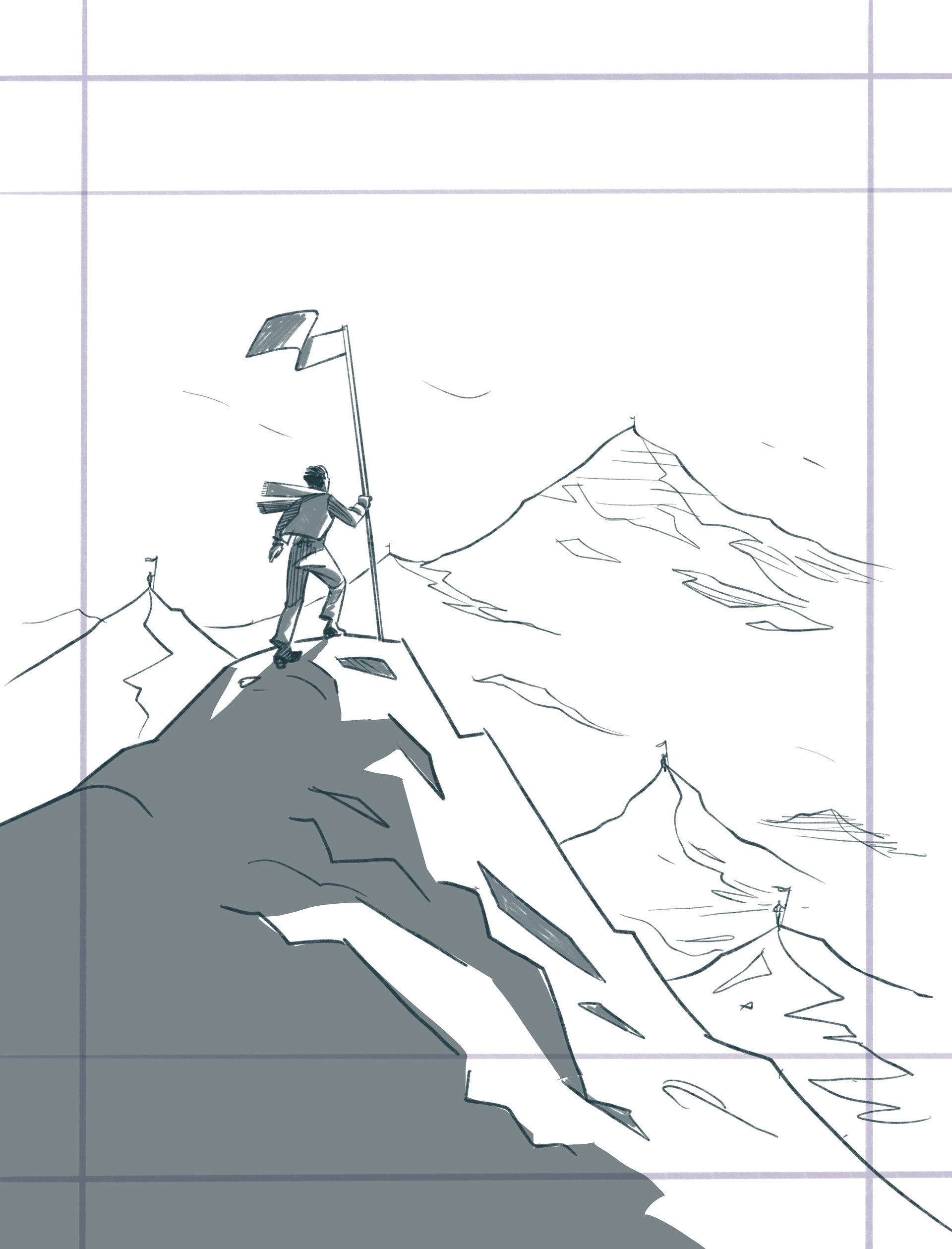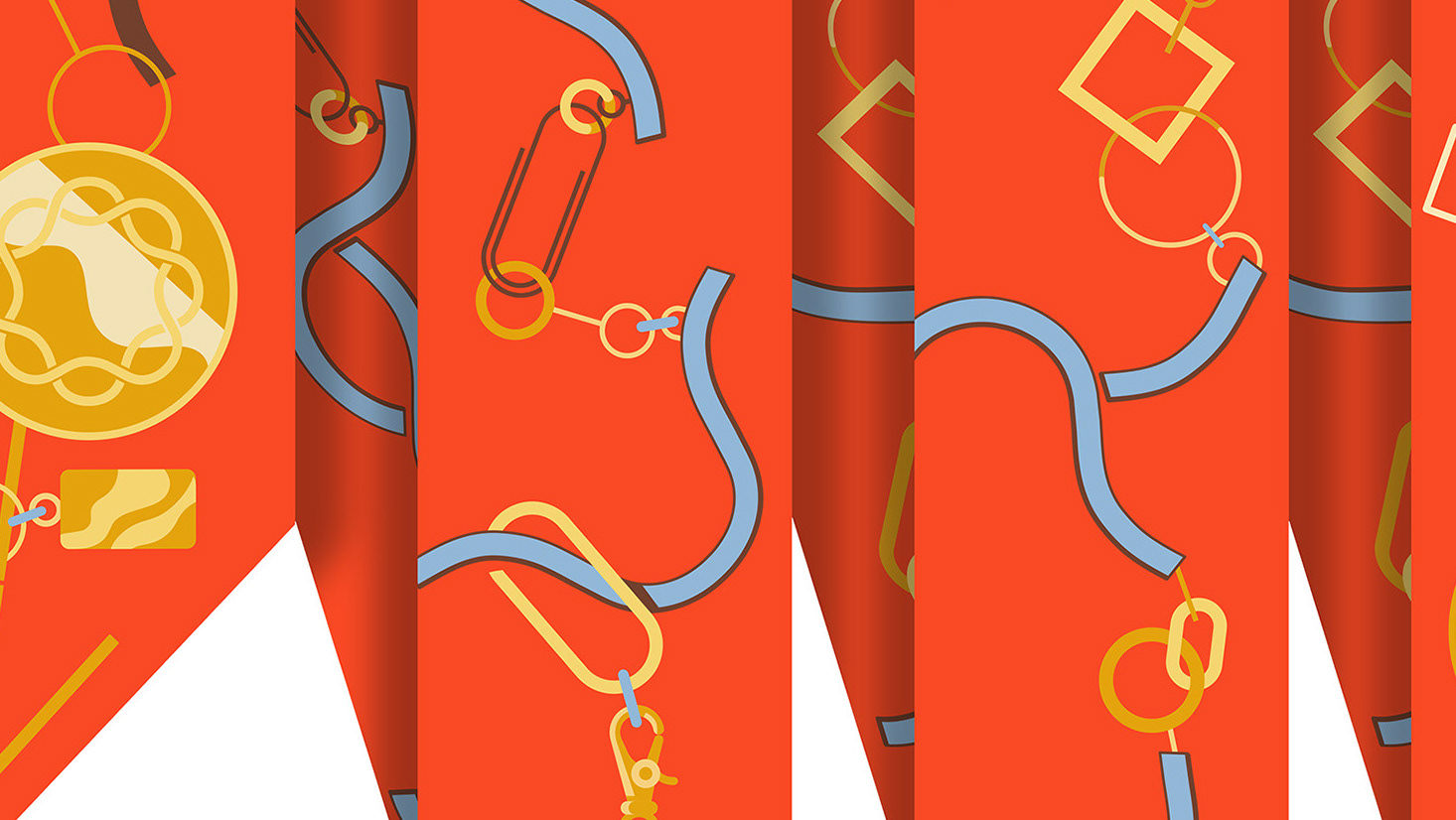HATARAQUIZ — 100 Questions About Work in Japan
Client: Persol Career Ltd. Japan
Agency: Wieden+Kennedy Tokyo
Illustration: Björn Öberg
Agent: Agent Bauer
Agency: Wieden+Kennedy Tokyo
Illustration: Björn Öberg
Agent: Agent Bauer
This project tackles the complex realities of modern work culture in Japan through a question-driven format; HATARAQUIZ (the title combining Hataraku = work/ to work with "Quiz") invited the public to reflect on their own work experiences by answering 100 provocative questions, from the practical to the existential.
Each question was paired with a unique illustration, creating a visual identity that balances playfulness, absurdity, and sincerity.
The illustrations were published across social platforms, an interactive web experience, and a public exhibition, all aimed at igniting deeper conversations about how, why, and for whom we work.
Shortlisted for the World Illustration Awards 2025.
Highlights:







Is it a problem if you have a gap in your resume?


L: Why is an eight hour workday the standard?
R: Do you think the evolution of AI will change the way we work?
Is it ok to connect with company colleagues on social media?
Do we need to cultivate special interests/ engage in activities in our free time in order to seem interesting and promote our personal brand?
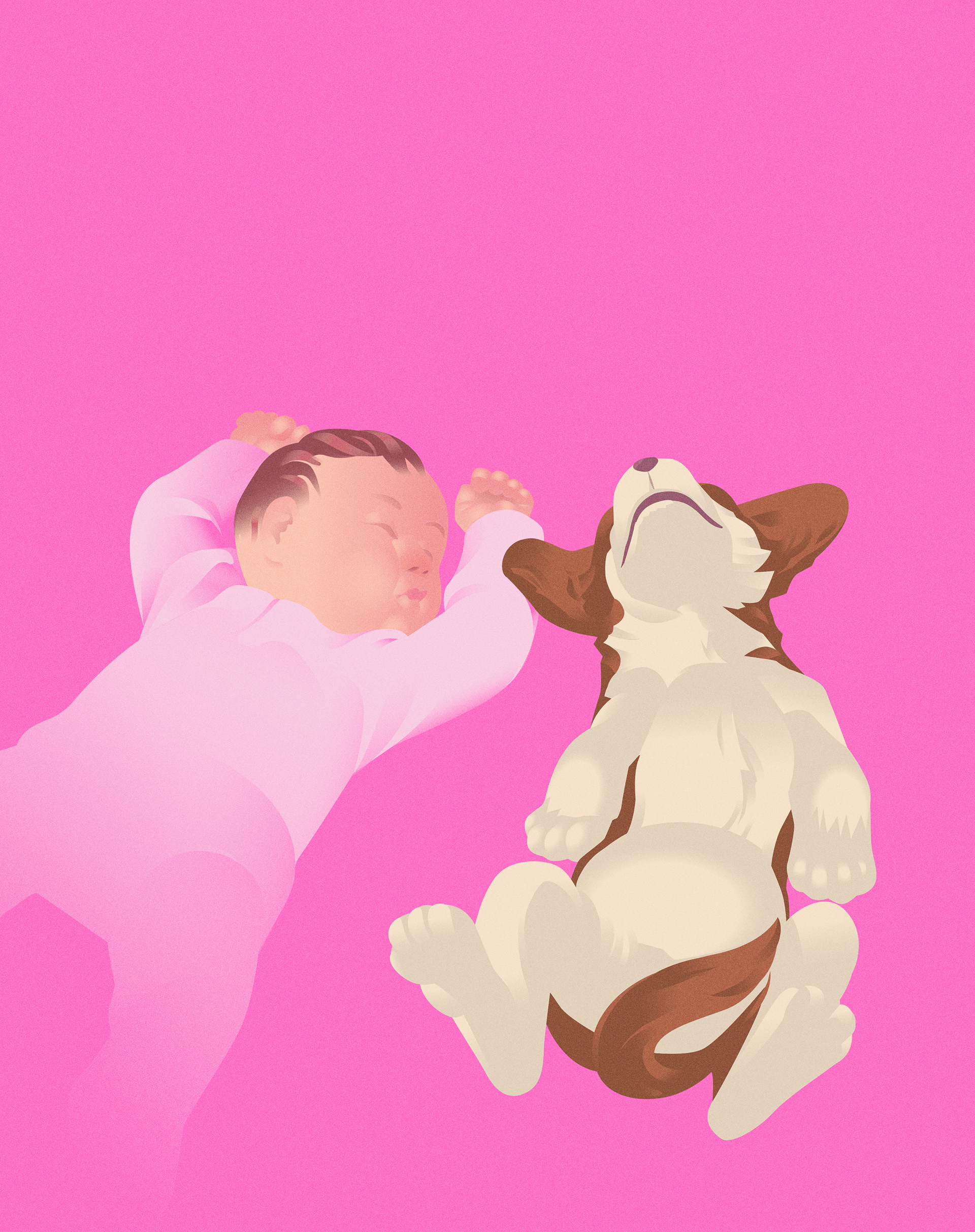
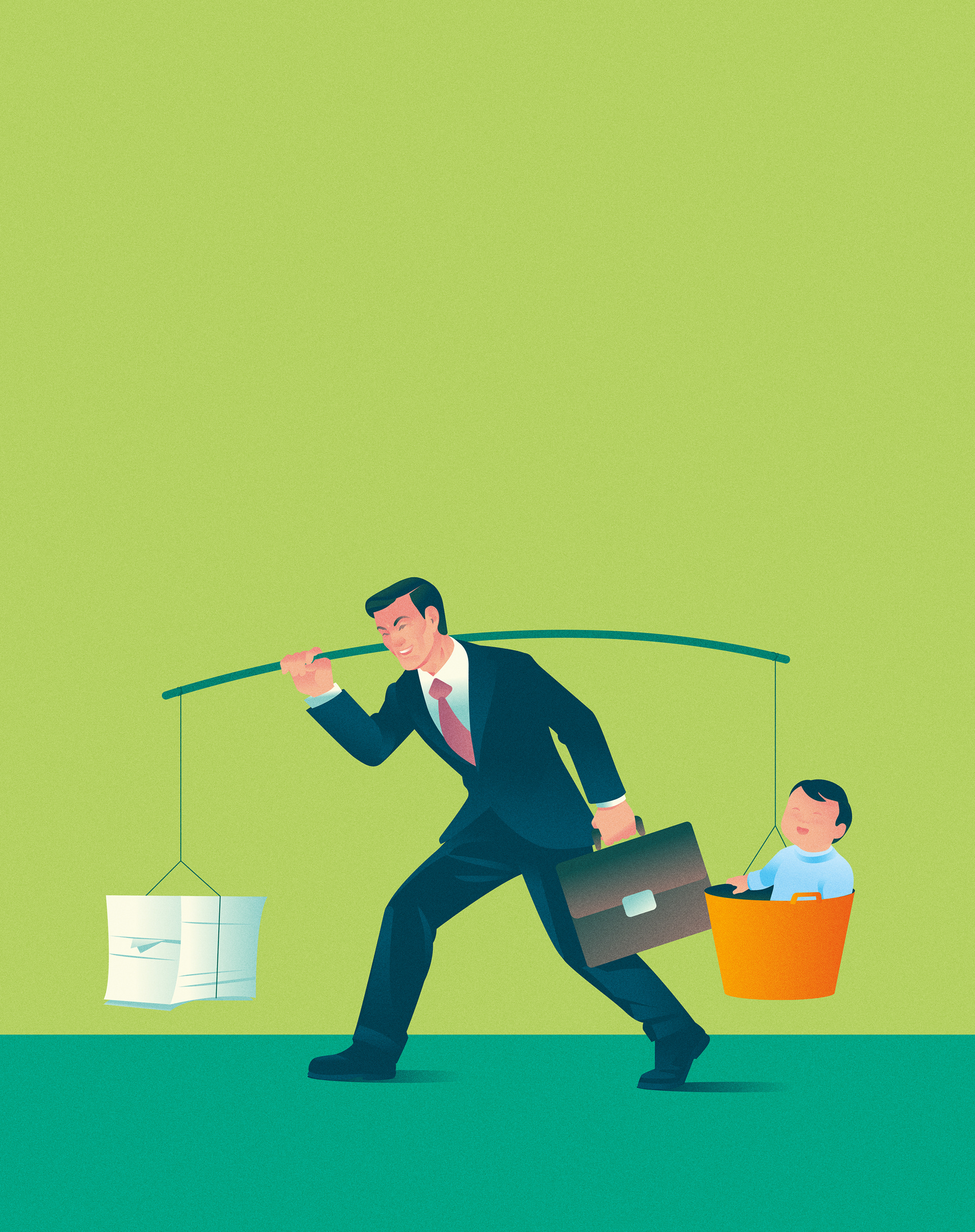

L: Why is there no caregiver leave for pets?
M: Should only one parent need to consider the balance between childcare and work?
R: Do we need to start working immediately after graduation?
Are new employees allowed to have a side job or business?
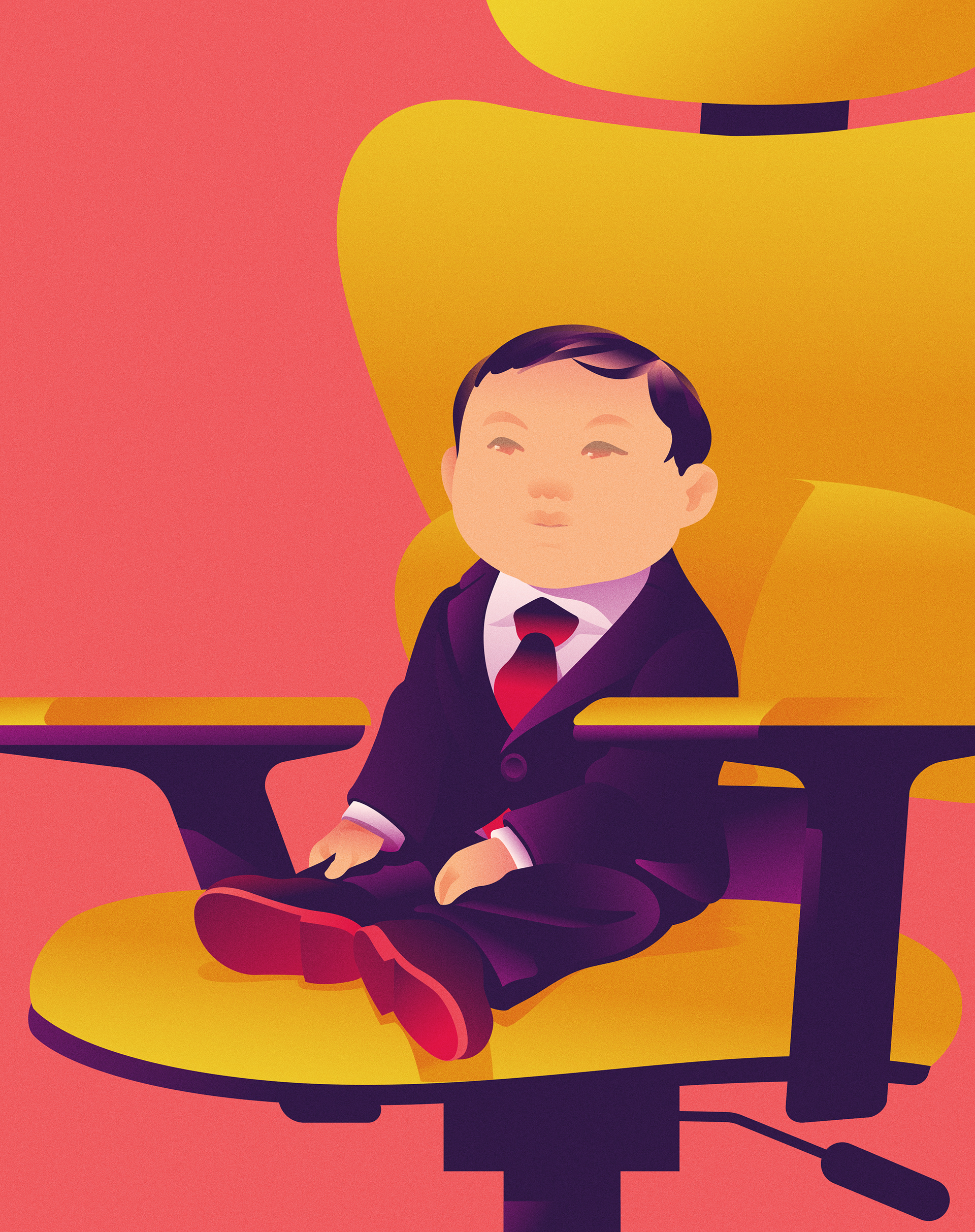

L: Do you find it hard to work when your boss is younger than you?
R: Is it true that people who are unsure of what they want to do should just join a big company?


L: Should subordinates be expected to pour their bosses drinks at an after work party?
R: How do people manage to balance their day job and side hustle?
Are you required/ expected to attend after work activities (that involves drinking alcohol)?




Are there any rewards other than money for work? Time off? Travels? Health benefits?
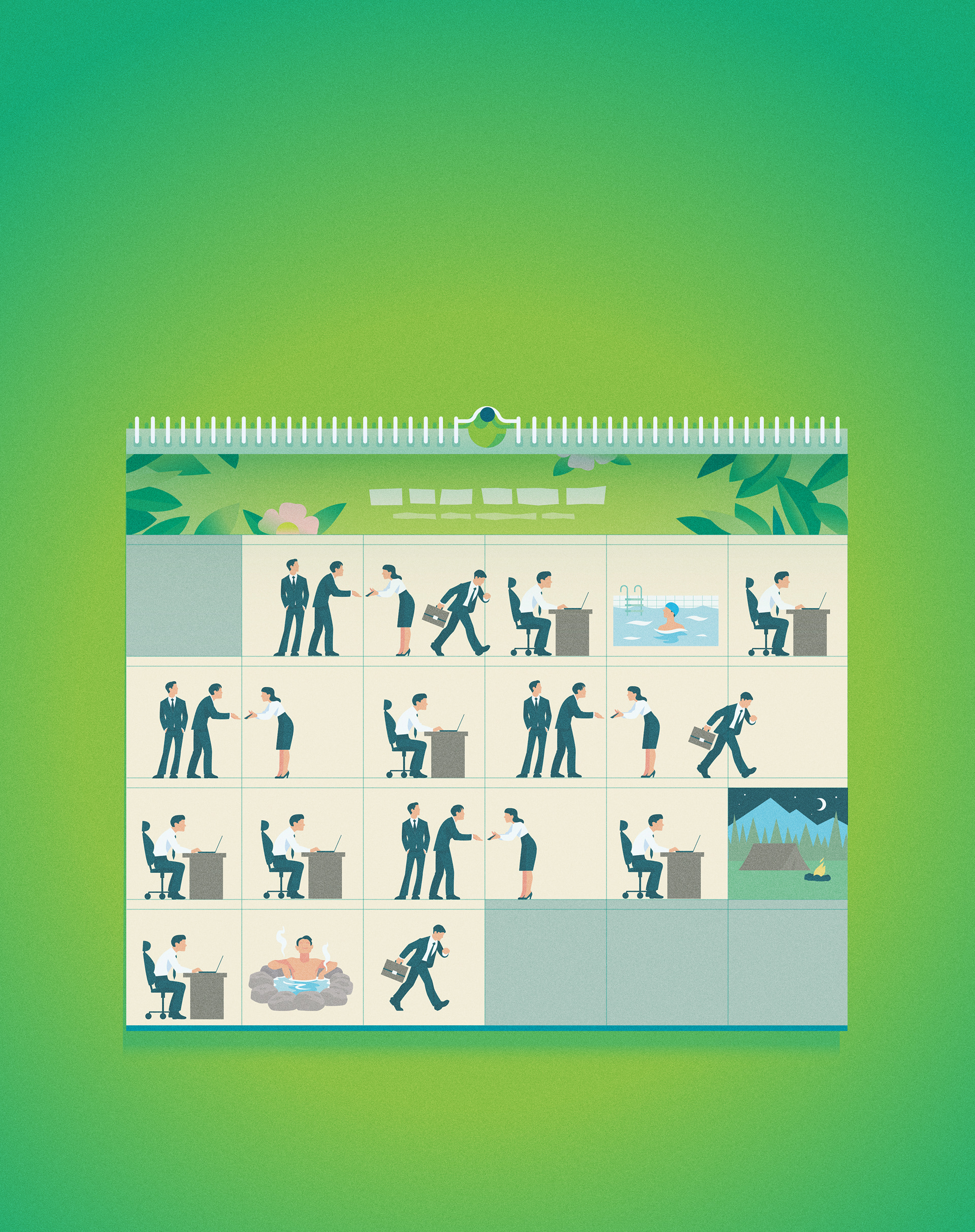

L: Why is it so hard to take a long vacation?
R: How loyal should you be to your company/ employer?
Which one is more important - the work you want/ love to do or the salary?


L: From what perspective should we choose a job - from what we're good at or from what we like?
R: Is it important to have a career plan?



L: Is being able to multitask important?
M: Do you need a specialized skill set to become a freelancer?
R: Will you keep getting promoted if you keep showing results?


L: Is it true that only some people can find their dream job?
R: Is Success in your career about your income or your title?
Is a side job for income necessary in order to make your idea/ dream come true?
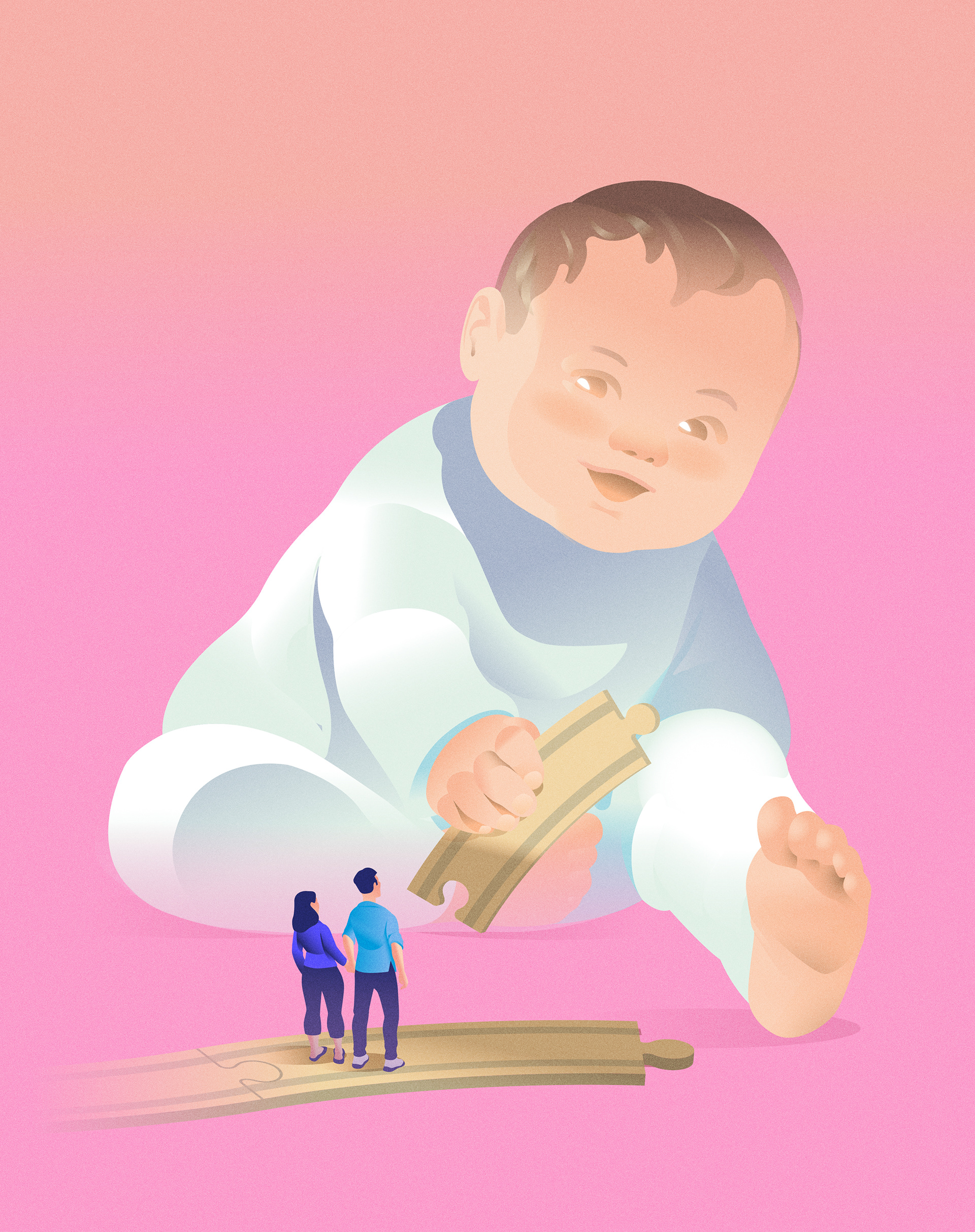


L: Will parental leave affect your career?
M: Should you have an end goal or should you keep pushing?
R: How honest should you be about your reasons for resigning?


What is the manager's role - should he coach the "players" or "play the game"?
What kind of learning is important/ necessary for employees?


L: Do you need to keep growing in order to keep working?
R: Does famous company equal good company?


L: Why do we differentiate between new graduates and mid-career hires?
R: Where do freelancers turn to bring up work issues like harassment?



L: Is having changed jobs often an issue?
M: Does working late equal working hard?
R: Do you have to know what you are looking for when you go job hunting?


L: Is personal growth in work really necessary?
R: Do you need to endure everything while at work?


L: What do you prefer - working in the city or in the countryside?
R: Do you like working?
Many companies asks for "experienced applicants" - but how do you get experience in the first place?


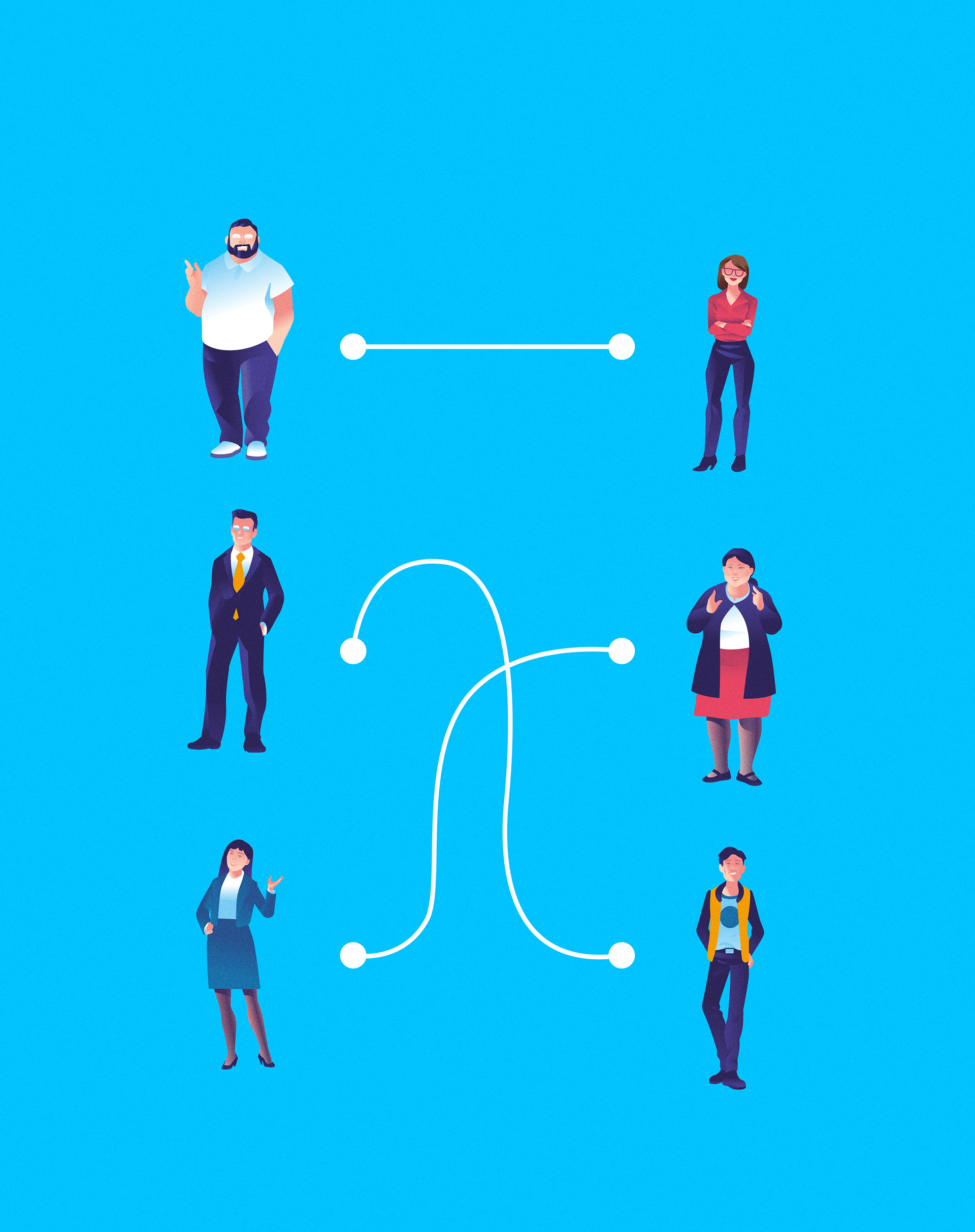
L: Is office love ok or not?
M: Should you aim for a management position?
R: What does the ideal leader look like?


L: Do qualifications guarantee you a job?
R: Why do women who become mothers often get a disadvantage in their careers?
What determines the peak of a career? Age? Years in the business?


L: What does the ideal subordinate look like?
R: Is it ok to ignore your boss if they contact you after work hours?
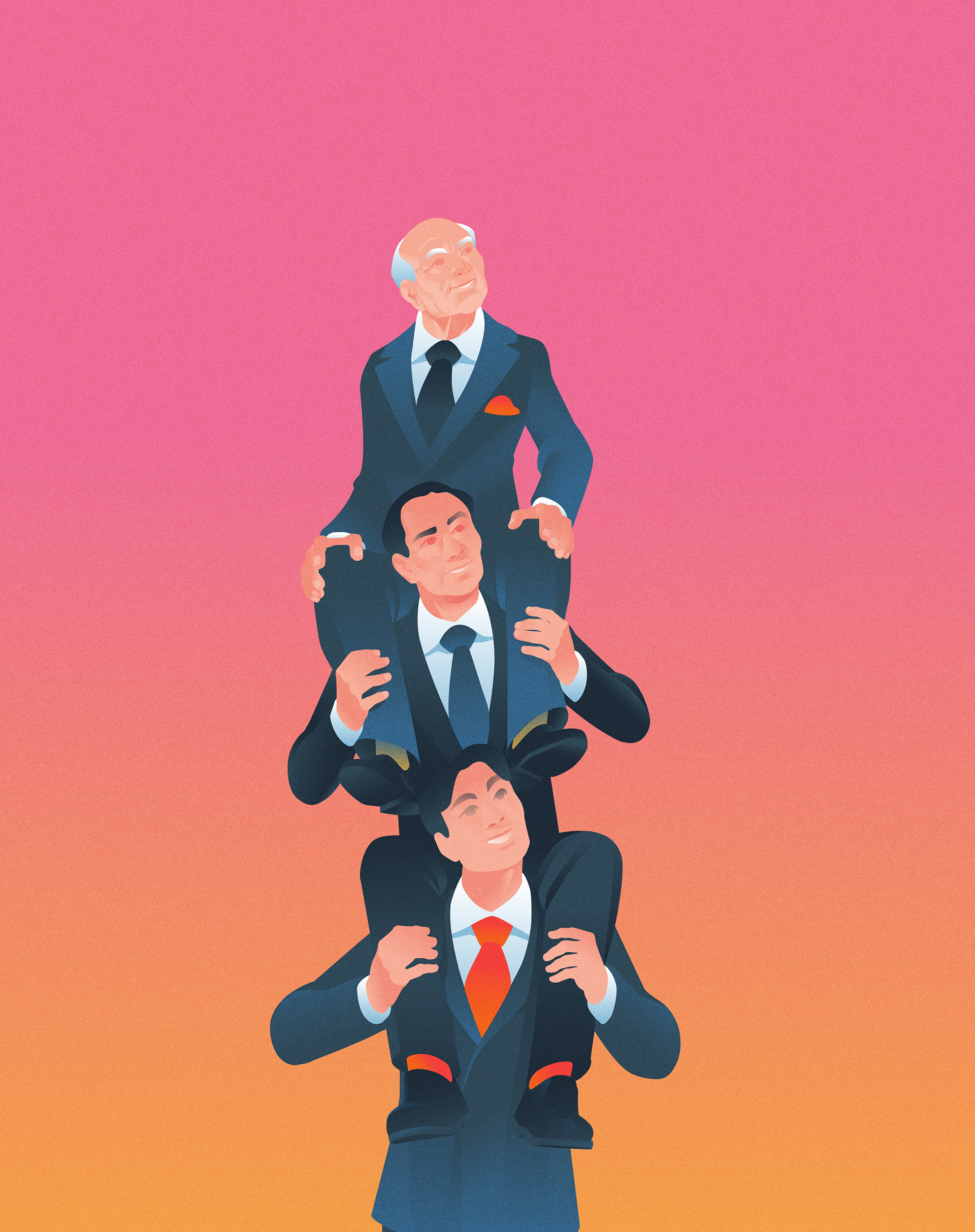


L: What's more important - seniority or merits?
M: Why aren't freelancers compensated for parental leave?
R: What can be done to increase the rate of men taking paternity leave?
Is it ok to take a nap during your lunch break?


L: Why do newcomers have to be in charge of taking incoming phone calls?
R: Is there a difference between a good work environment and one where you can grow?
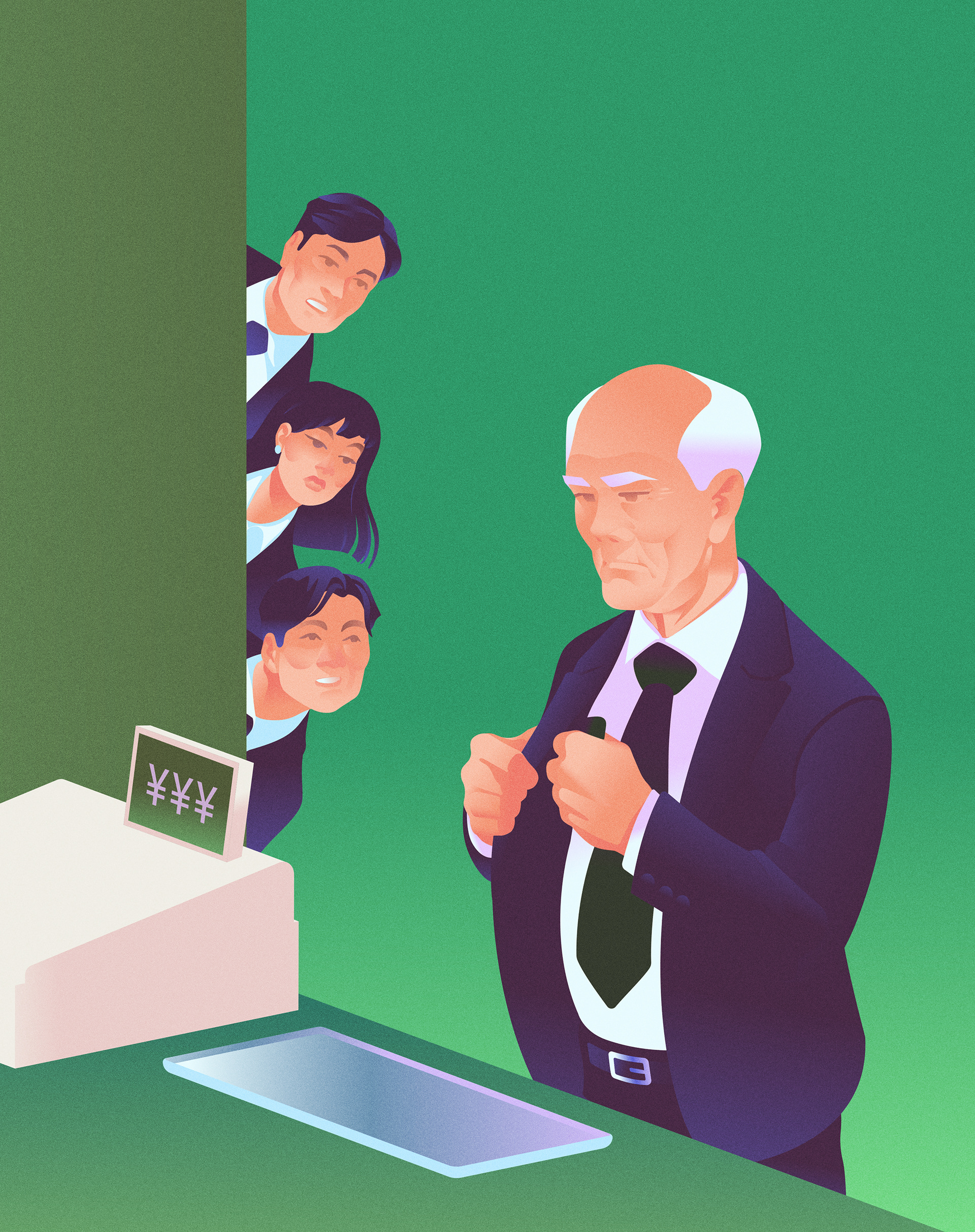


L: Is the boss responsible for picking up the bill if the team goes out for a drink?
M: What should people do if they can't find a company to work for?
R: If you could go back to being a student - what would you want to learn?


L: Is there a limit to how old you can be and still change jobs?
R: Why is it so hard to ask for personal time off?
How much can you really learn about a person from just a job interview?


L: In an age of extended retirement - is it necessary to relearn?
R: Are employees who come in to the office better than those who work remotely?


L: Is it a bad thing to leave a company immediately?
R: Is it normal for everyone to start at the same salary (for fresh graduates)?
What do you think about being relocated by your employer?



L: Would you work more efficient if you could take time off on a regular basis?
M: Is starting your own business a challenge or a risk?
R: Why Is It so hard to tell people you have a side job?


L: Is a retirement age necessary?
R: Is it uncool to go back to a company that you've left?
Should work be a top priority in your life?


L: What do you think about switching to a job with lower salary?
R: Why do so many companies prohibit side jobs?
Who decided on the current workweek layout?



L: What kind of jobs or style of working will be considered "cool" in the near future?
M: Is your employer obligated to train you?
R: Is quitting your job to go your own way acceptable?


L: Is freelancing an option directly after graduating?
R: Why does everyone wear a a suit when going job hunting?
How should we deal with bosses who favor certain employees all the time?



L: Which is better - working in Japan or working overseas?
M: What would you like to be if you could go back to being a child?
R: Should Japan take a month off for vacation like a lot of other countries in the world do?
Is it disrespectful to leave before your superior(s) do?


L: Why do so few people end up with a job related to their college major?
R: Can the skills you developed in your previous job be used even if you change jobs?
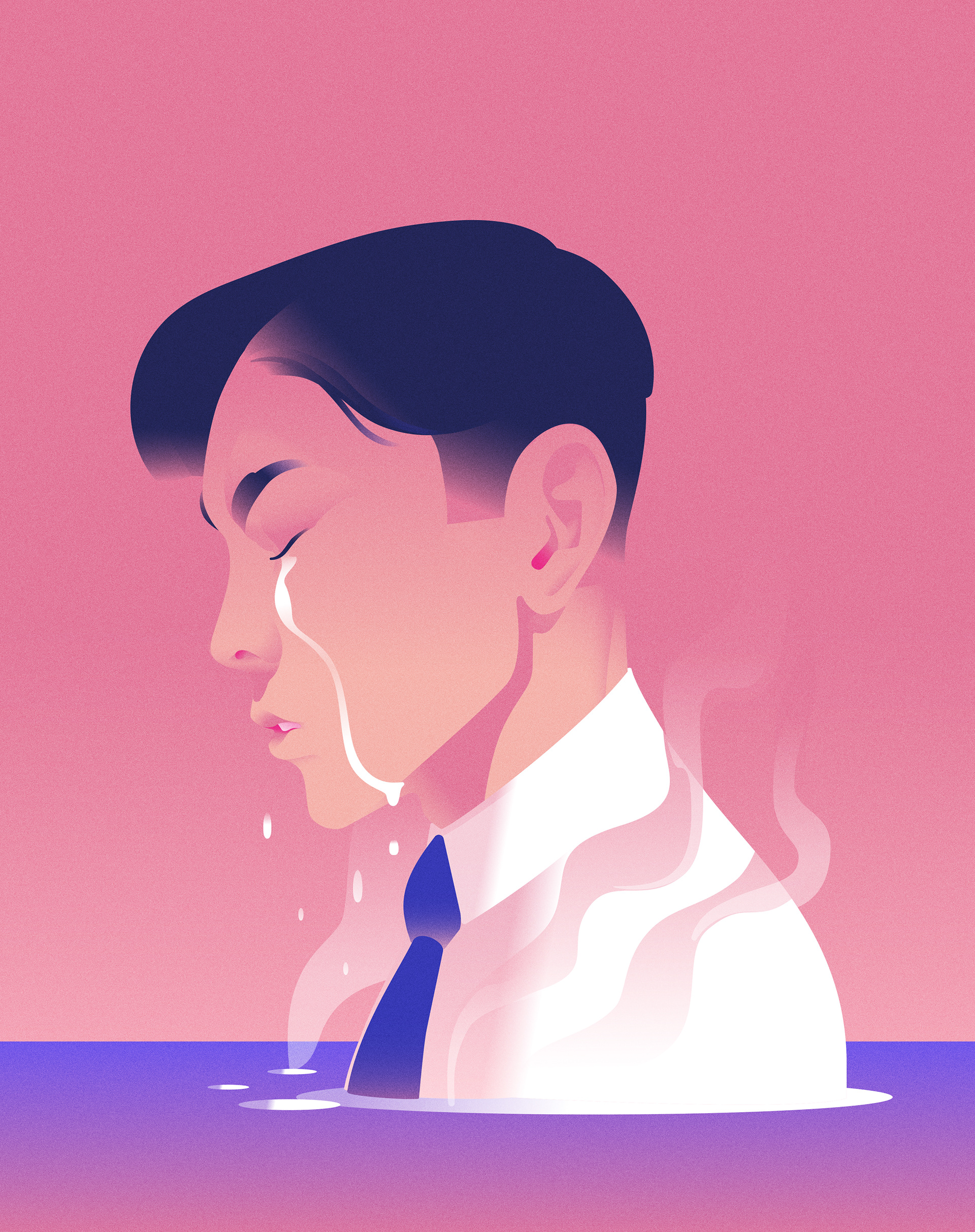

L: Can failures and setbacks be good for the future?
R: Are you expected to come in earlier than your set working hour?
Is changing jobs risky?


L: Should young people immerse themselves in work?
R: Do workaholics need to take breaks?
Why are there so few women in leadership positions?
Why is it so hard to ask for a raise?
Sketches:
